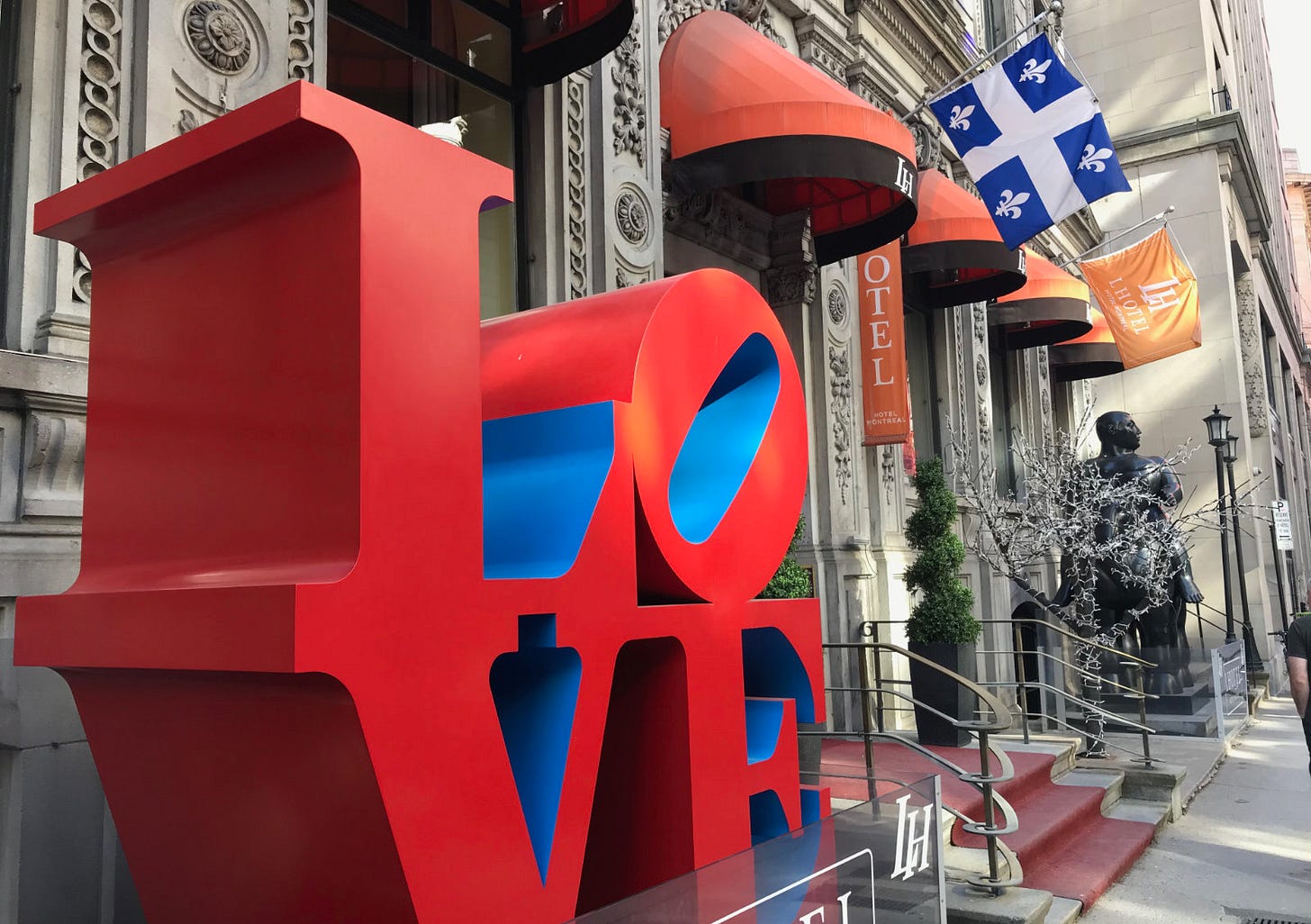It’s so easy to get caught up in the details when you’re looking for a job.
Is this the right word to use on my resume? Is my LinkedIn profile set up correctly? Are cold-call emails a good use of my time?
I would suggest stepping back a bit.
What do you want?
That sounds at first like an insurmountable question. How can you figure that out when philosophers and poets haven’t managed to nail it down after thousands of years?
So I offer a few questions that can help you put this into focus. Take some time to sketch out answers to these questions.
I can’t recommend this exercise enough, even if it feels like the ghost of Tony Robbins and his enormous teeth are bearing down on you. Because if you don’t know what you want, finding a job is just shooting into the air.
What is your ideal job?
Notice I didn’t say “dream job.” We’re not talking astronaut or movie star here. (If those are your ideal jobs, this probably isn’t the newsletter for you.) Sketch out what would be the absolute best job for your experience and skills. Include as much detail as possible. Who do you work with/for? What does your day-to-day work look like?Where do you want to live?
Of course an acceptable answer would be “Right where I am.” That’s great. But often pivoting and job changes give you the opportunity to relocate. And living in a place that more closely matches your life and goals can be a huge boost to your confidence and outlook.What problems do you want to solve?
This is just a fancy way of thinking about the kind of work you want to be doing. But I put it in terms of solving problems, because that’s what employers are looking for - someone to solve a problem for them. So if you put on the problem-solving hat, you can get a leg up on this question.What is most important to you about your work situation?
Do you want to work alone? Do you need structure? What times of day are you at your best and most productive? How important is money to you? What are your financial needs and wants, now and in the future?What do you want to leave behind?
This is a big one, and something that rarely gets discussed in job hunting media. This is not just a woo-woo self-help concept. I’m a big believer that work needs to mean something to be worth it in the long term. So you will be much happier if you take into account what and who your work will affect in the future.
Please let me know if you take the time to answer these questions, and any insights you got from this process.
I want you to succeed.
The image at the top is from my trip to Montreal in 2018 (aka “the Before Times”). I chose it because one of the things I want is to live in Montreal one day. I always wanted to go there, and after just a few days, I felt so at home there - more so than I do in my own country, to be honest. So I thought it was appropriate for this issue.
J’ai besoin d’apprendre le français.





Great questions! I asked myself a lot of these when preparing to leave my last job. Some answers: No international companies (when at Adobe a while back, I had to attend some meetings at 7am, when I'm not fully awake!). I also thought about the elements of jobs that I've enjoyed and that I'm good at and came up with a list that was topped by writing but also included organizing stuff. I'd never thought of it that way! I need a work environment that's quiet (working from home has been a big help there!) and prefer to work on my own while still feeling connected to a team. And as important as money is to me, it's more important to work with people I respect and who respect me, to have plenty of autonomy, and to be able to, as they say these days, "bring my whole self to work." I need a job that allows some flexibility and doesn't demand overworking (don't we all). One thing that's good about getting older is that you feel more able to stand up for requirements like that. At least, that's what I've found.
Yes--great questions. What I find most challenging is teasing apart my needs and desires and how to get there. How can I stay focused on the conditions that I want while staying open to all sorts of possibilities? All the major leaps forward in my life were the result of happy accidents--not sheer force of will.